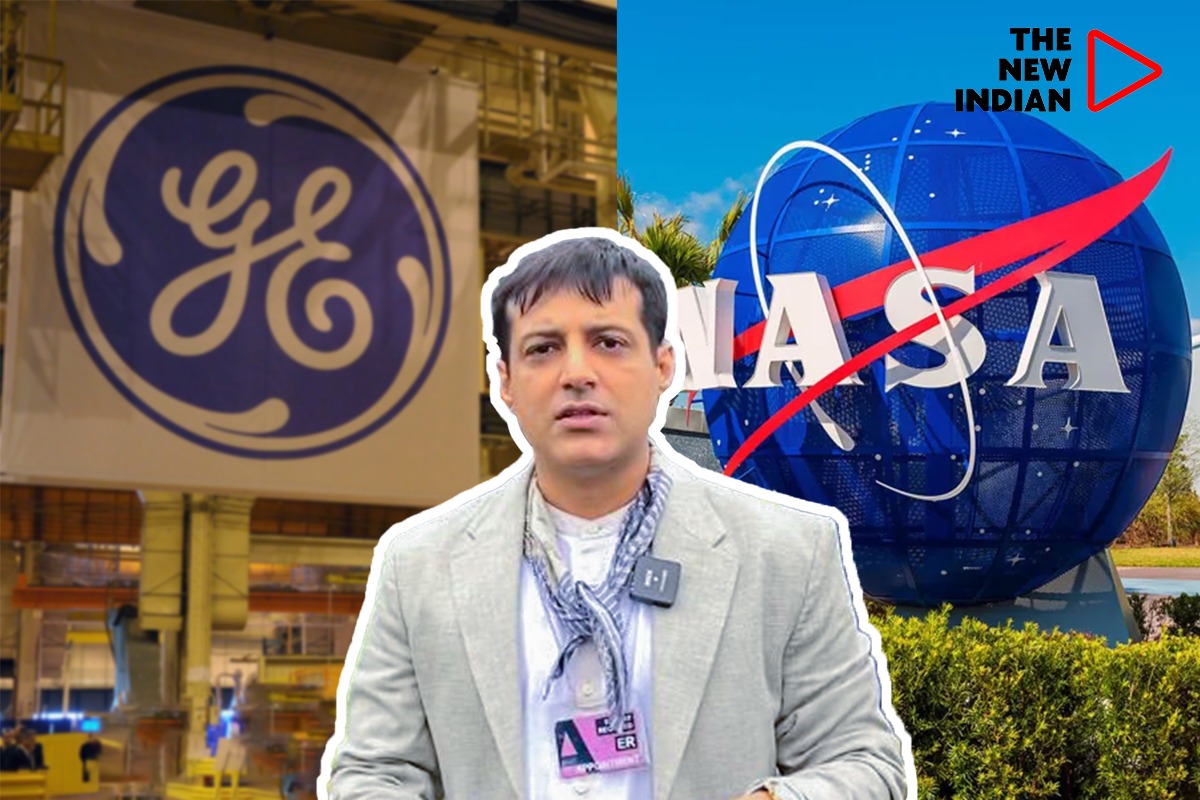WASHINGTON, DC: Prime Minister Narendra Modi’s meeting with US President Joe Biden, in the White House, has opened a full-throttle investment blitzkrieg by American companies for India.
Following their meeting, on Thursday, an assembly line for semiconductors, and an IT partnership to make Light Combat Aircraft (LCA) apart from next-generation communication technology, green technology and intelligent transport system were announced.
Within the realm of semiconductors, Micron’s groundbreaking decision to invest approximately $2.75 billion in setting up an assembly line and test facility in India stands as a testament to the strengthening partnership.
While Micron will provide a significant portion of the investment, additional investors are also expected to contribute.
ALSO READ: Semiconductors, jet engines, space cooperation, drones: What’s on PM Modi-President Biden’s plate
Moreover, Lam, another prominent technology company, has announced plans to train 60,000 Indian engineers, emphasising the importance of capacity building and technological empowerment.
Advanced Applied Materials will invest $400 million in establishing a collaborative engineering centre, further underscoring its commitment to technological progress.
In the critical and emerging technologies domain, several crucial decisions were made during the summit. A quantum coordination mechanism and a quantum information and science and technology agreement were established, highlighting the focus on quantum technology.
ALSO READ: Ambanis, Mahindra, Nadella, Cook make Biden-Modi’s dinner star-studded affair
Plurilateral engagements, such as the Quantum Entanglement Exchange and the Quantum Economic Development Consortium, were initiated to facilitate cooperation and advancements in technology.
The Research Partnership Program under the US-India Science and Technology Endowment Fund aims to foster joint development and commercialization of AI and quantum technologies. High-powered computing, regulatory easing, and the development of source codes also emerged as significant sub-domains within the broader technology landscape.
Notably, Google’s AI Research Centre committed to continuing its investments through the $10 billion digitalization fund, further strengthening the ties between the two countries.
ALSO READ: PM Modi receives 16 standing ovations, autograph request from Speaker McCarthy
Science and technology (S&T) witnessed critical announcements reflected in the joint statement. The National Science Foundation (NSF) and the Department of Science and Technology of India established an implementation arrangement for cyber-physical systems and secure cyberspace.
Given the escalating cyber threats to critical infrastructure in both countries, this agreement assumes particular significance.
Additionally, the NSF and the Ministry of Electronics of India signed an implementation arrangement for joint funding of projects and applied research in areas such as semiconductors, next-generation communication, cybersecurity, green technologies, and intelligent transport systems.
The defence sector also witnessed remarkable progress, with significant outcomes stemming from the summit. General Electric’s signing of a memorandum of understanding (MoU) with HAL for the production of GE-F414 aero engines for India’s light combat aircraft marked a milestone achievement.
India’s plans to procure MQ-9B Reaper drones from the United States further solidify defence ties. Moreover, decisions were made to facilitate a better understanding of different defence systems and operations by placing defence personnel in each other’s facilities.
The commencement of negotiations with the US Department of Defence for concluding the security of supply arrangement and discussions on the reciprocal Defence Procurement Agreement underscores the commitment to strengthening defence cooperation.
Energy emerged as another crucial domain, witnessing several significant outcomes during the summit. The joint statement highlights six to seven technology-related announcements in the field of energy.
The summit also witnessed substantial achievements in the realm of space cooperation. India’s signing of the Artemis Accord opens doors for collaboration between the Indian Space Research Organisation (ISRO), NASA, and other relevant entities. This partnership primarily focuses on outer space exploration initiatives, including moon missions and other outer space projects.
Furthermore, India’s decision to join the mineral security partnership unlocks numerous opportunities for cooperation in the field of critical minerals. This partnership assumes significance for strategic industries, such as electric mobility, energy transition, and green technologies.
YOU MAY ALSO LIKE

